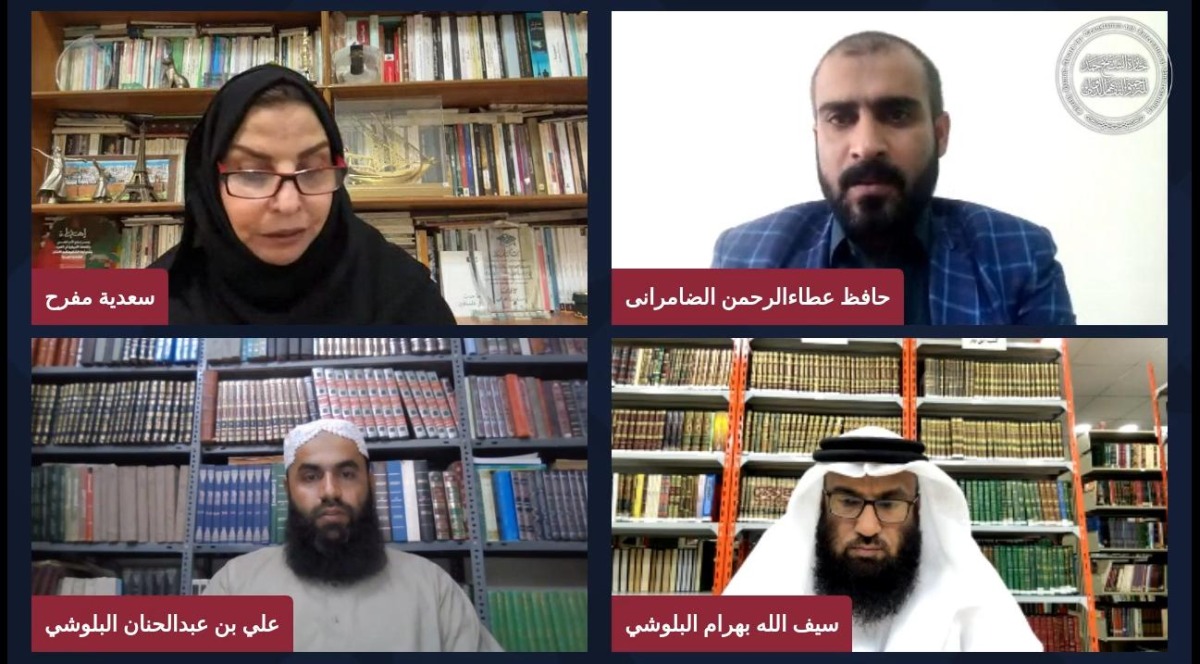Doha: The Sheikh Hamad Award for Translation and International Understanding organized a virtual international symposium on the Arabic and Balochi languages and the civilizational discourses and intellectual dialogues between them.
The symposium comes as a result of the Balochi language being selected as one of the target languages of the prize’s 10th edition.
Researchers, translators, and academics discussed their academic research and studies on the history of translation between Arabic and Balochi, highlighting the most prominent translated works, translation challenges with regards to these two languages, a historical review of individual and official translation efforts, comparisons and contrasts between the Arabic and Balochi languages and their influences on one another.
Discussions began with a review of the Balochi language’s interactions with other languages near and far, with a particular focus on its intermingling with Arabic, starting from the pre-Islam period’s oral interpretation tradition, following its historical evolution up until 1883 when written translation between the two languages began, mainly focusing on the translation of Islamic texts and books, to then expand and include all kinds of texts.
Participants highlighted that the most significant challenges that face translators working from and to Arabic and Balochi are their phonetic, grammatical, semantic, and cultural differences, in addition to the lack of technical resources and materials.
As such, the symposium called on translators to intensify their collaborative efforts to come up with methods and strategies to overcome these challenges.
Furthermore, participants discussed the most prominent Arabic language and literature influences on Balochi literary works, found to be borrowings made by Balochi writers employing poetic terms, concepts, and quotations from Quranic verses and the Prophet Mohammeds hadith compilations.
Moreover, it was found that the main areas of translation from Arabic into Balochi, included religious books, Arabic literature, and media content and materials in Arabic.
The symposium concluded with a discussion of translation challenges from Balochi into Arabic.
Read the full article here




















